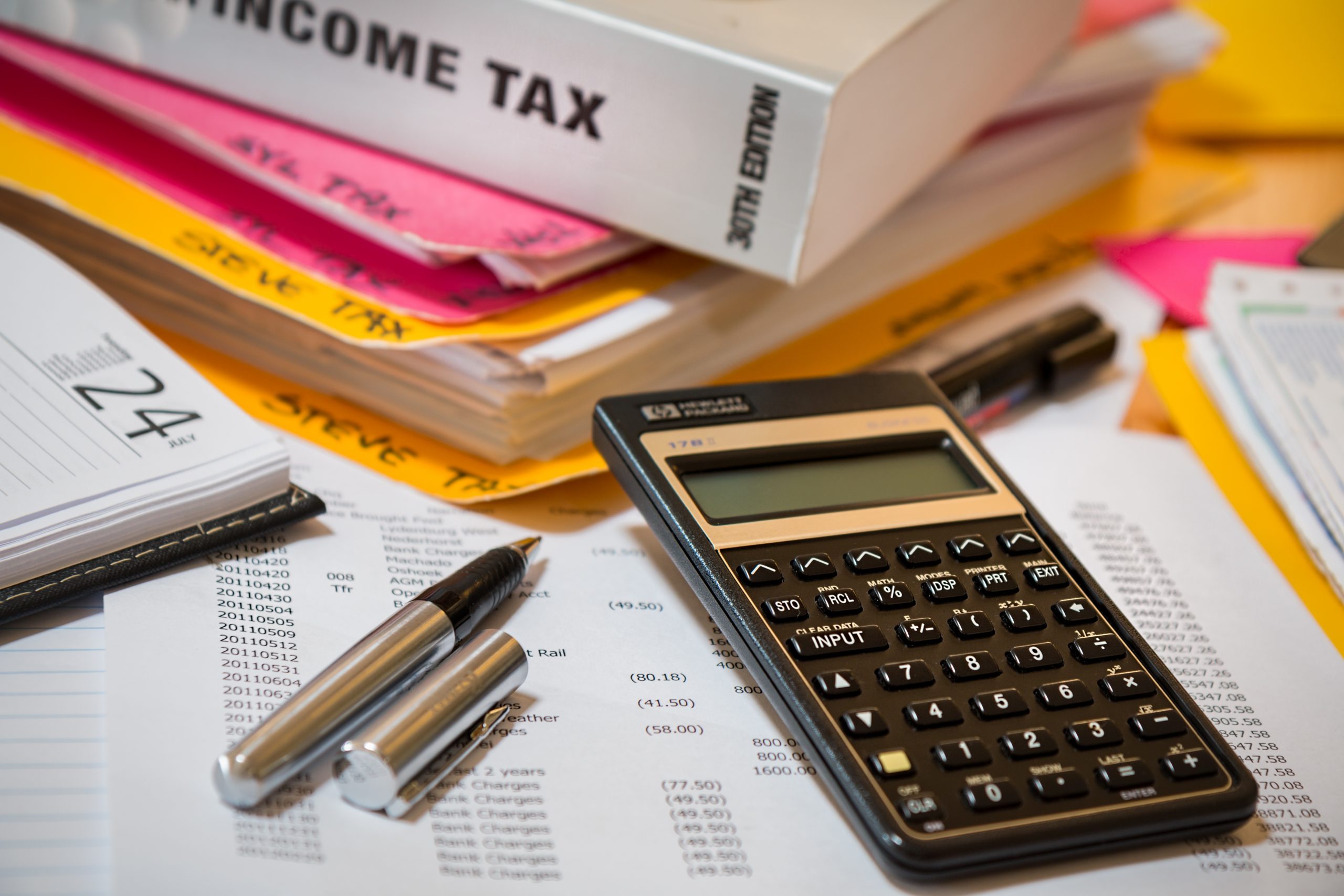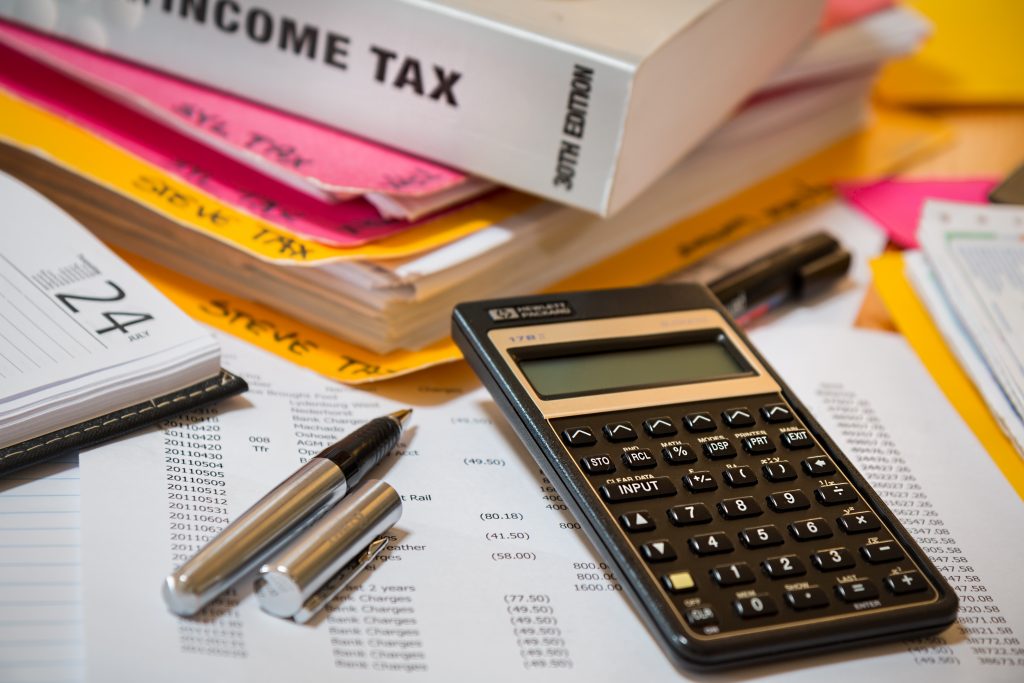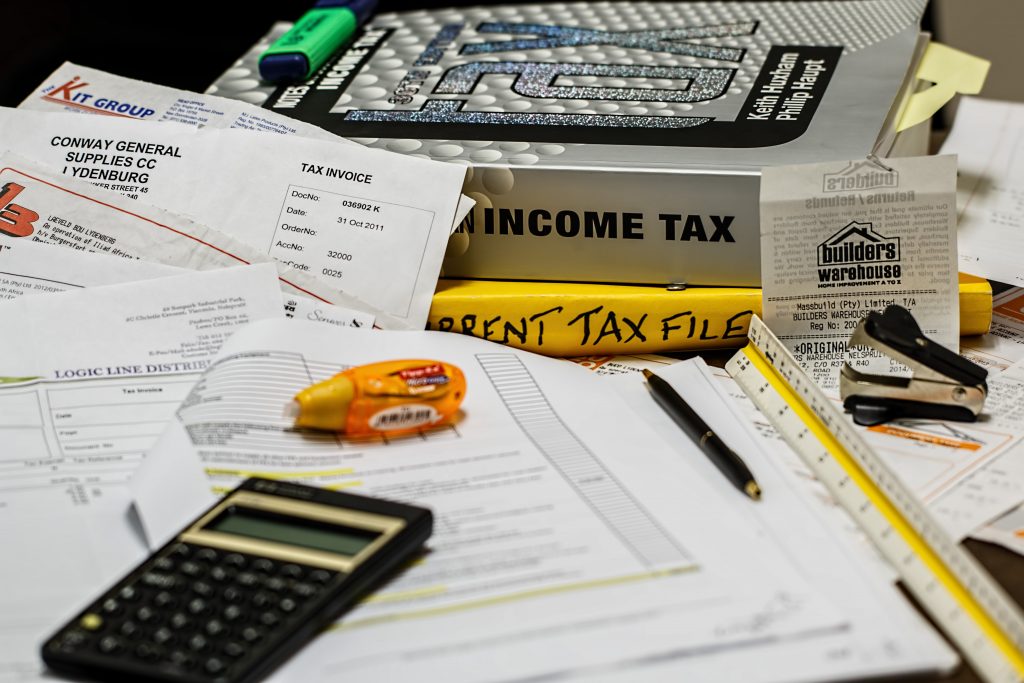

Income Tax Return for Small Businesses
Regardless of where you are located, if you own a business, you have to ensure you lodge your tax return in a timely manner. This activity has to be performed each year, even if you record a loss or don’t meet the tax threshold. But lodging tax returns vary from one company to another. It is your job to make sure you know the rules that apply to your business structure.
Different business type
Procedures also vary from one country to another. Just so you have an idea of the procedure, below you’ll find a list of requirements for each business type based in Australia:
- Sole trader
If you are a sole trader, you’ll have to lodge an individual tax return. Use a separate business schedule to include all your business income on your tax return. You won’t have to file a separate tax return for your business. - Partnership
Even though the partnership is required to lodge a partnership return under its own TFN (short for tax file number), the partnership doesn’t have to pay income tax on the profit it earns. Instead, each partner must report their share of the partnership income in their own tax return. - Company
If you are the director of the company you will have to file two returns. Since the company is seen as a separate legal entity, you will have to lodge a company tax return as well as your personal return. You’ll then have to pay tax on both the company’s income and your personal income as well. - Trust
Trusts also have their own tax file number and are expected to lodge a trust income tax return. - Not-for-profit organization
Non-profit organizations are sometimes eligible for tax concessions. On the Australian Taxation Office (ATO) website you’ll find a table that lists the tax concessions that are available to NFP organisations.
Income that has to be declared
When the time comes to file your annual tax return, you will have to declare the income you have received for each financial year. This means including all your sources of income. If you’ve decided to hire a tax agent to help you out, you’ll have to list all your income sources so they include it when lodging the tax return.
Your income sources are typically split into two categories: gross income and other business income. Gross income refers to the money you receive from your everyday business activities, such as sales (can be cash, electronic or over the internet) and foreign income. All other business income, on the other hand, concerns income outside of your everyday business activities. Capital gains, changes in the value of trading stock and cash prizes fall within this category.
These sources of income typically include:
- Capital gains made by your business
- Cash payments received
- Income from other business activities
- Income from other business investments
- Any income that has been paid into a different account, such as PayPal
- Income you earn through the sharing economy
- Interest from your business bank account
- Payments through gift cards, coupons, and vouchers
- Rent from business assets
Income that has to be excluded
- Goods and services tax
- Earnings from a hobby
- Prizes not related to the business
- Betting and gambling wins
- Money borrowed
- Money that the business owner has contributed
- Disaster recovery grants
Decreasing Your Tax Payables: Tax Avoidance

It is important that you do not confuse tax avoidance with tax evasion. Unlike tax evasion, tax avoidance is completely legal. Individuals and companies are offered tax reliefs under specific conditions. Knowing how to use those tax reliefs to decrease tax liability is what tax avoidance is about.
If you are unaware of these conditions, don’t know about the tax reliefs or don’t know how to claim deductions for expenses that are directly related to your income, you will end up paying for more than you would have otherwise.
To claim deductions on certain expenses, you first have to ensure that these expenses are directly involved in running your business and with earning your income. The expenses can’t be for personal use. If ever the expenses were partially for business use and partially for personal use, you will only be able to claim deduction on the part meant for business use. Ensure you keep records of all these expenses as you will have to substantiate what you claim.
Common deductions include:
- Workers’ salaries and wages
- Super contributions
- Repairs and maintenance expenses
- Replacement expenses
- Other operating expenses
- Depreciating assets expenses
- Other capital expenses
- Carbon sink forest expenses
- Home-based business
- Motor vehicle expenses
- Business travel expenses
